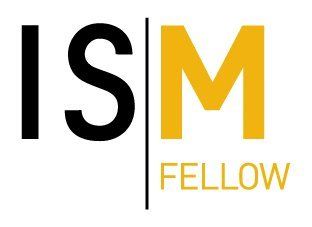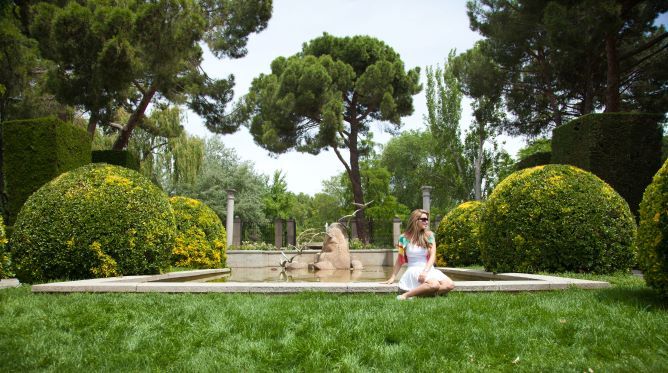Matthews Music
Life, music and everything
The greatest need no guidance; I once had the privilege of performing, in the orchestra, the Beethoven Triple Concerto with the Spanish cellist Pedro Corostola, Corostola taught himself. So did Albert Sammons, Britain's leading violinist between the wars, and, so to a large extent, did W T Best, who, during his reign at Liverpool Town Hall in the second half of the nineteenth century, was accounted by some the greatest organist in the world. He had no letters after his name and scoffed at those who had. 'Too much alphabet', as he used to say.
Very talented people, in music, sport and other areas, sometimes evolve a method which works for them; the method might be impracticable for other professional players, and disastrous for anyone below that level who tries to copy it: they may not even know what the method is, but it works for them, and that's what matters.
Eli Hudson, the greatest flute player of his generation, and perhaps of any generation, had a unique method of articulation, tonguing through the teeth. The Canadian pianist Glenn Gould insisted on using a piano stool fourteen inches above the floor. Cifton College's organist, Dr Douglas Fox, overcame the loss of an arm in World War 1 to the extent that he could play trios on the instrument, playing two manuals with one hand. The acrobatic Frank Wilson could play the flute standing on his head, an ability which so impressed a conductor that he offered Frank a job.
Sometimes genius manifests itself in extraordinary feats of musicianship.
When the pianist Wilhelm Backhaus visited Scandinavia to play the Grieg A minor piano concerto, he arrived to find the piano was a semitone flat. It would have been impossible to play it with the orchestra. A problem which would have been insuperable for most pianists was solved on the spot when Backhaus instantly transposed the piano part up a semitone.
In the same vein, we are told that Artur Rubinstein arrived at a concert venue where he was to perform that evening, only to be told he had practised the wrong concerto. But so vast was the great Pole's repertoire that an oversight which would have been disastrous for most pianists was speedily rectified with a couple of hours' practice.
Inspiration during my formative years came from teachers who had heard Schnabel and Pachmann, and from recitals by Rubinstein and Jose Iturbi, the artist on the sound track of Chopin's biopic 'A Song to remember'. Alfredo Carreras, one of the Three Tenors, was similarly inspired when he heard Mario Lanza in 'The Great Caruso', the biopic of the life of the great tenor. It was a rare privilege to hear Carreras sing in the Close at Clifton, and, many years ago, to play in the orchestra for a concert with his colleague Placido Domingo. An extra-musical inspiration was Arthur Milton, the double international, whose visits to the house with his granddaughters, my piano pupils, I remember fondly.
It may be thought that musicians are born, not made. At the highest level, this may be true. But Edison's definition of genius was 'ninety-nine per cent perspiration, one per cent inspiration' , and this chimes with the less well-known one 'an infinite capacity for taking pains'. Control over the flute, and the piano is within reach of most aspiring musicians, if they follow a system.
I was given a memorable piece of advice once, by a police driving instructor, 'you drive as you live'. This comment actually makes more sense at a distance than close up; the point being made was that you wouldn't want someone driving you home who had a chaotic approach to life, and such an approach in fact will inform everything we do, whether driving a car, cooking, gardening or playing an instrument. The greatest performers achieve instinctually. Most of us need to practise. And we need a system; an organised approach will pay dividends.
Late in life Franz Liszt attributed the retention of his wonderful technique to his daily study of exercises by his teacher, Czerny, who had studied with Beethoven. That was his system.
Matthew Thomas


